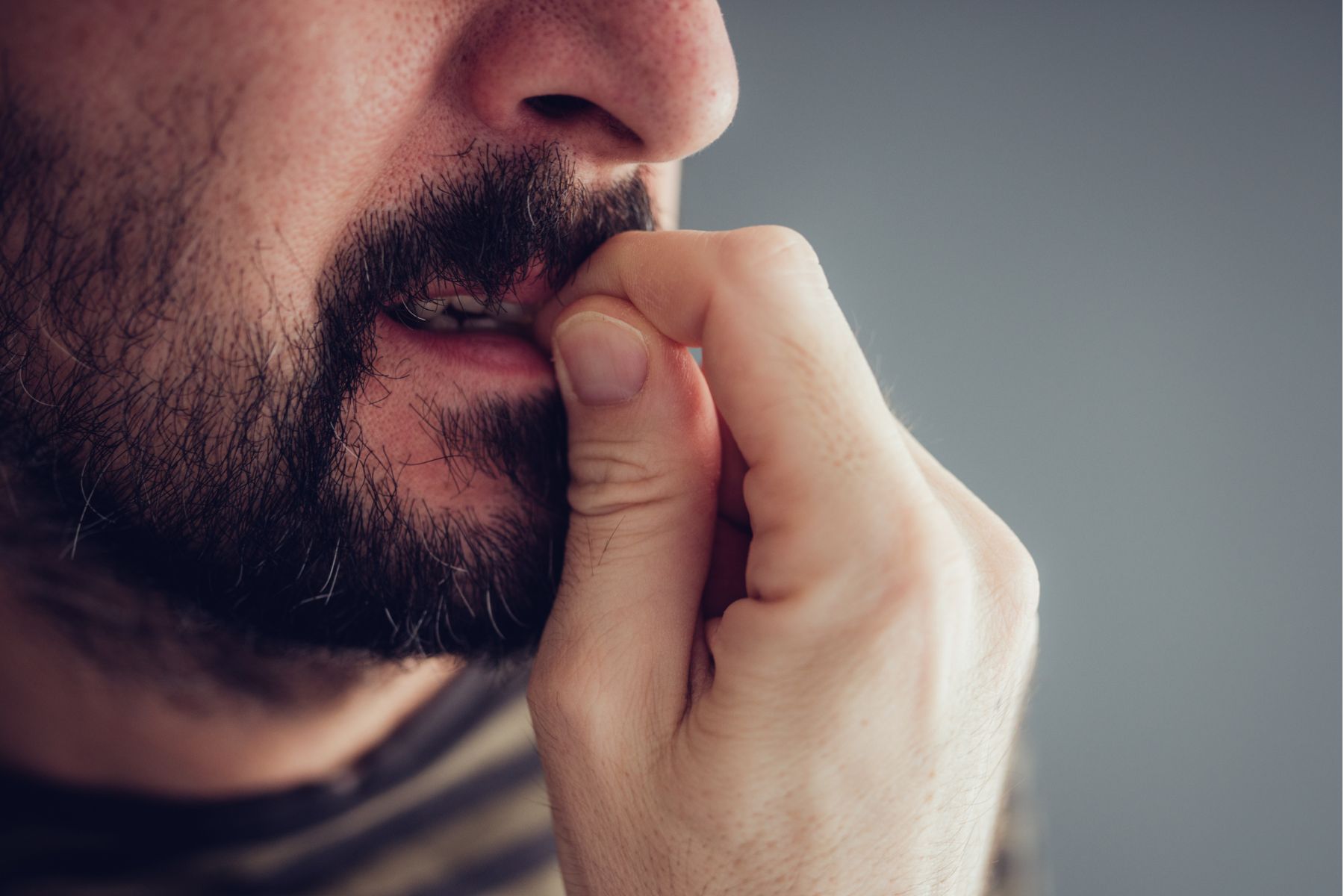Photo by stevanovicigor Photo On Envato Elements
Have you ever caught yourself chewing on your nails?
Nail-biting is a frequently observed and challenging habit to break, often originating in one’s childhood. It can result in sore and inflamed fingers and nail beds. However, it’s not just your nails that suffer from this habit – your teeth do too!
Research conducted by the Academy of General Dentistry revealed that individuals who engage in nail-biting, teeth clenching, or pencil chewing are more susceptible to developing bruxism, which is the unintentional grinding of teeth. This condition can result in tooth sensitivity, tooth loss, receding gums, headaches, and overall facial discomfort.
The potential side effects of nail biting can be quite unpleasant. This habit is often a manifestation of stress or anxiety and should be addressed. If nail-biting is a habit for you, there are certain measures you can take to manage it.
To reduce nail-biting, there are a few actions that can be taken:
• Shortening your nails or getting regular manicures can be effective in preventing nail biting. By doing so, your nails will be less tempting and more challenging to bite. Additionally, maintaining regular manicures can prevent any damage to your hands and fingernails.
• Instead of biting your nails, try alternative forms of stress reduction such as meditation, deep breathing, qigong, yoga, or keeping your hands busy with activities like squeezing a stress ball or playing with a yo-yo.
• Applying a bitter-tasting nail polish can deter you from biting your nails. This technique can be helpful for both adults and children.
• Understanding the triggers for your nail-biting habit can help you avoid those situations and break the habit. It may be caused by stress anxiety, or physical factors like hanging nails.
• If the previous methods do not work, wearing gloves or bandages on your fingers can make it difficult to bite your nails. This can be an effective last resort.
If you are still struggling with nail-biting despite attempting these self-help measures, it is advisable to seek advice from a medical professional such as your doctor or a dermatologist. For some individuals, this habit may also indicate a deeper psychological or emotional issue.
Is a habit that should be addressed for the sake of your physical and emotional health, regardless of the underlying reason. If you have any concerns about its impact on your oral well-being, do not hesitate to inquire with the doctor during your next appointment at our Houston, Texas office.




